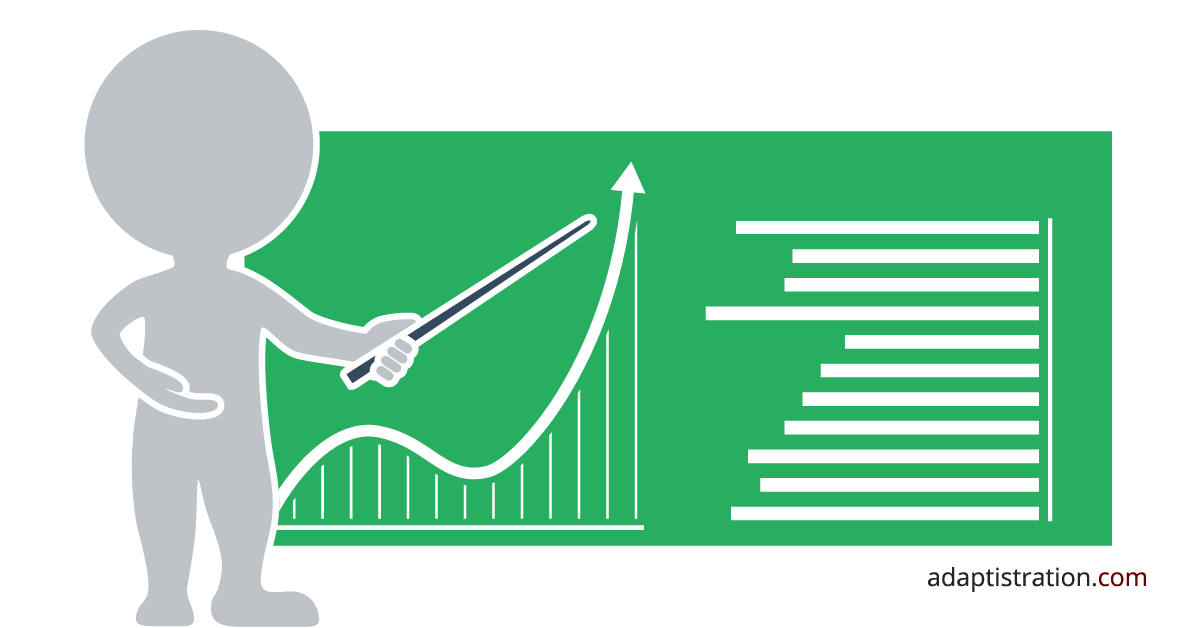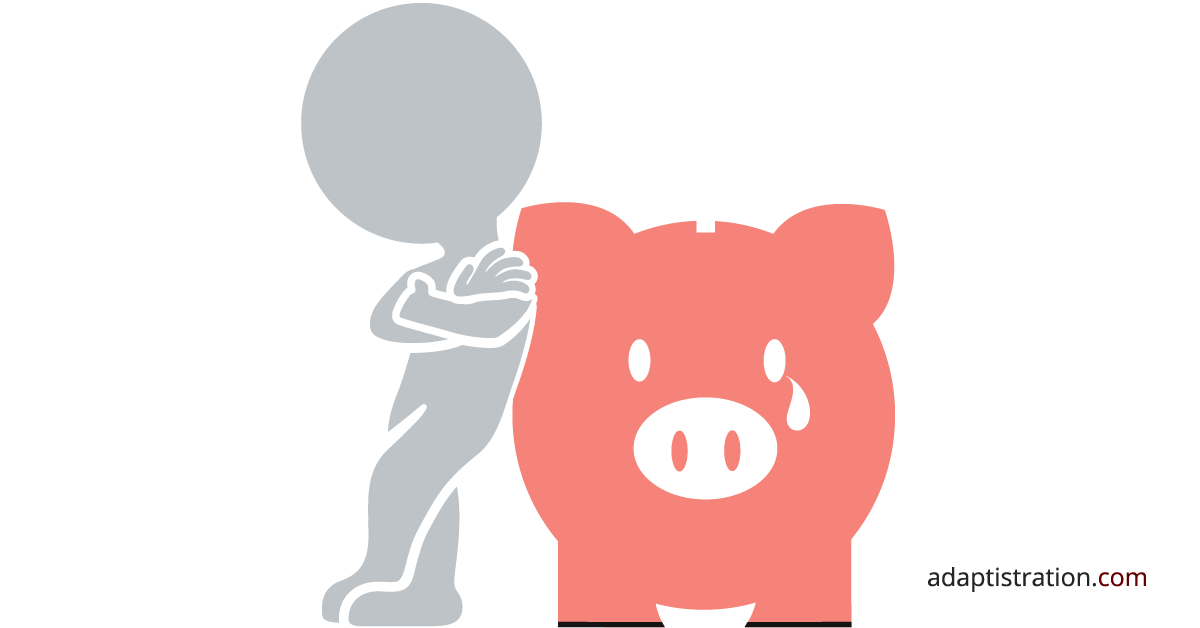While I’m away on July hiatus, I can across an absolutely wonderful post on social media from Tiffin Equitable Feltner, a Florida based arts administrator working at the intersection of arts and technology. They were weighing in on the topic of comp tickets and I thought it was such a refreshing response to a well-worn topic I wanted to share it here as a guest author post. ~ Drew McManus
A couple of things on this and other topics [related to comp tickets]:
- On average, attendance rates for comp tickets is usually around 40%. Attendance rates for paid tickets is usually somewhere between 90-96%. I know every musician says “oh, my guest will for sure come to the concert,” but numbers don’t lie. Experience tells us that less than half of the people who are issued comp tickets will actually show up to claim them. Plain and simple, if you pay for it, you’re not likely to skip it. A solution I have implemented at more than one org is this: instead of dealing with comp requests as they come in, issue a set number of comp cards to staff and board, which can be redeemed at the box office for comp tickets on the night of the show only. This way, no seats have actually been issued unless someone shows up to actually ask for them. It also provides a means of collecting data on these comp tickets so you can market to these people later.
- If you are relying on extremely discounted or free tickets to fill your concert halls, then your data is inconsistent at best, and you have no idea who your core audience really is.
- There are a number of factors that go into what sells an orchestra. For regional orchestras, the most important factor I’ve found is this: if audiences feel connected to the musicians, then they will feel connected to the experience. Making musicians more accessible is important, and something many orchestras overlook. They are an important asset to the marketing team and should be involved as such.
Of course, if you want to go by data alone, you will probably find that any concert with a major composer in the title is more likely to sell 60% or more of the hall, and experiences that involve intimate music-making (think like orchestra in the round with no more than 200 guests) usually sell very well.
Tiffin Feltner is an arts administrator working at the intersection of arts and technology. They are passionate about data-driven culture, user experience, and patron-centric management. They believe a great customer experience cannot be divorced from strong data, and thoughtful design. When Tiffin is not fiddling with data and databases, you can find them advocating for mental health in the arts industry.


